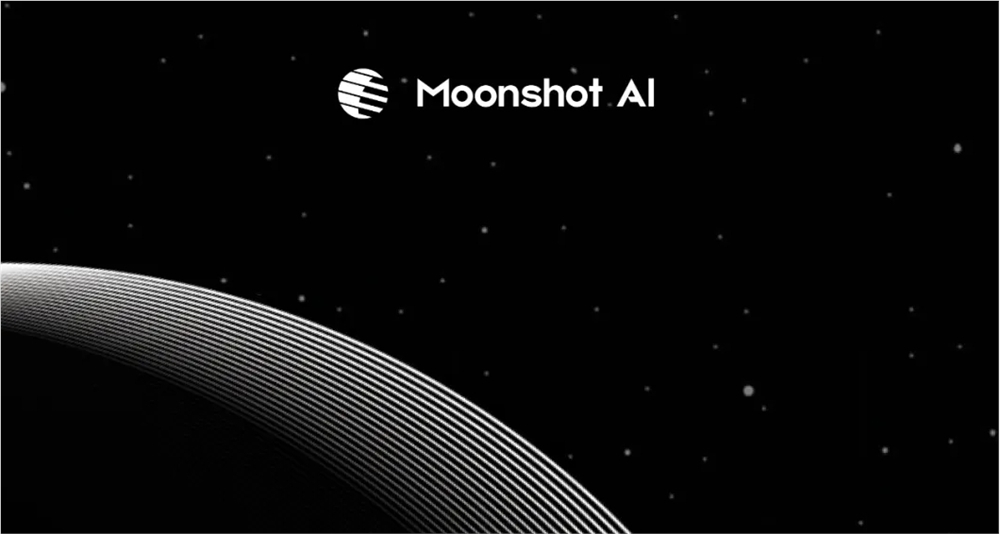Kimi-Dev-72B: AI Model Revolutionizes Code Repair for Developers
The tech world has a new powerhouse in AI-assisted coding with the release of Kimi-Dev-72B, an open-source large language model specifically designed to tackle programming challenges. Developed by the "Dark Side of the Moon" team, this innovative tool is already making waves among developers for its exceptional code repair capabilities.

In recent benchmark tests, Kimi-Dev-72B demonstrated remarkable performance on the SWE-bench Verified evaluation, particularly shining in identifying and fixing code defects within Docker environments. This specialized strength positions it as more than just another coding assistant - it's becoming an essential component of modern development workflows.
What sets Kimi-Dev-72B apart is its reinforcement learning-based optimization system. The model continuously improves through self-learning, enabling it to not only spot coding issues with precision but also provide reliable solutions. This dual capability significantly reduces debugging time while increasing the success rate of fixes.
The development team implemented a clever two-stage framework that simplifies both code repair and test writing processes. This thoughtful architecture allows developers to quickly identify problems and implement solutions, freeing up valuable time that would otherwise be spent on tedious debugging sessions.
Accessibility adds to Kimi-Dev-72B's appeal. Available on platforms like Hugging Face and GitHub, this open-source model gives developers worldwide immediate access to its powerful features. Whether you're working on personal projects or enterprise-level applications, integrating this tool could transform your development efficiency.
As software development grows increasingly complex, tools like Kimi-Dev-72B represent a significant leap forward. By automating routine debugging tasks and enhancing code quality, it allows developers to focus their energy on innovation rather than troubleshooting.
Key Points
- Kimi-Dev-72B excels at identifying and fixing code defects, particularly in Docker environments
- Its reinforcement learning system continuously improves problem-solving accuracy
- The two-stage framework simplifies both code repair and test writing processes
- Open-source availability makes it accessible to developers worldwide
- Reduces debugging time while increasing fix success rates